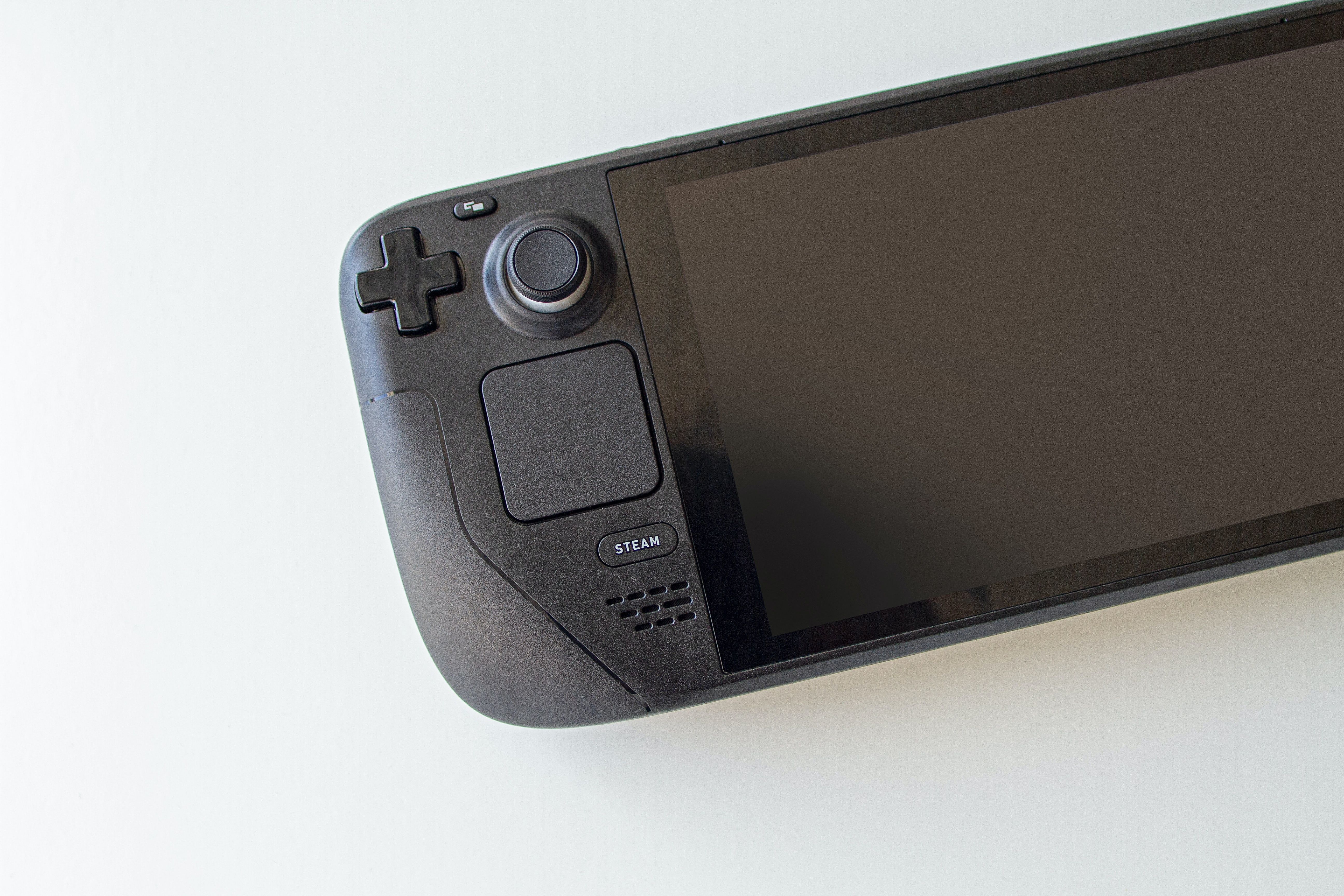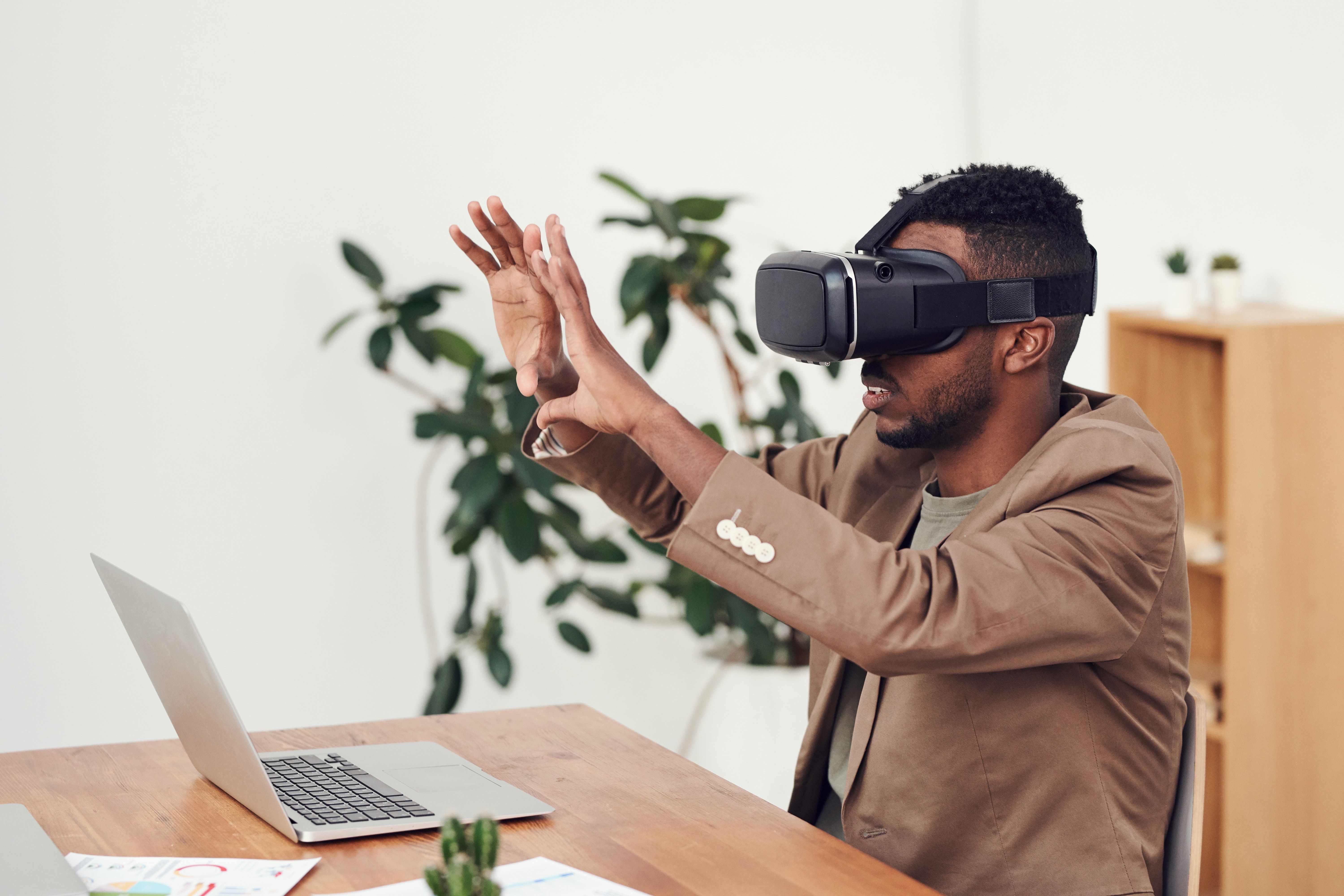Gaming was once seen as a children's activity, something that you outgrow and stop doing at a certain age. However, video games have proven themselves to be more than that. They have helped many people with their daily lives and even changed people's lives.
With the gaming industry now quite mature, where could we be headed? What could we expect to see in the future?
Gaming as a Core Part of the Education System
Esports as an extracurricular activity is great, but gaming shouldn't be seen as solely an extracurricular activity.
Gaming has helped many people become interested in history, science, music, and much more. Gaming will be able to help students absorb lessons better through visual and interactive experiences. Imagine a history class where you play as a soldier similar to Call of Duty, experiencing the battlefield and the struggles each side faced. Or economic concepts through farming simulators and city-building games.
These games will provide a strong foundation for understanding, making it easier for students to grasp concepts from their textbooks. The games and textbooks could even work hand-in-hand, with the textbooks explaining concepts in the game and students experiencing them through the game.
The students would be able to absorb and internalize concepts much better than just listening to a teacher or reading about them. Gaming wouldn't replace reading, but would provide more options for students who learn through different means.
Consoles Might Become Subscription Services Exclusively
Building a PC that's more powerful than a console was never impossible, but it's getting easier and easier to build one that's more powerful while costing much less. You probably won't even need a powerful PC to play the games you want as cloud gaming improves in the future.
With Sony putting many of its previously PlayStation-exclusive games on Steam and Microsoft putting its Xbox-exclusive games in the Xbox Game Pass, the appeal of a dedicated home console is becoming a thing of the past. If you're looking to make the most of your game service subscription budget, consider a comparison between PlayStation Plus vs. Xbox Game Pass.
In the future, physical consoles may become meaningless. We only buy consoles to play on them, and if you can play them on a PC or cloud service that provides a smoother gaming experience, what other reason is there?
How We Think Console Subscription Services Will Work
Similar to cloud-based gaming services like Google's Stadia, NVIDIA Shield, and Xbox Game Pass Ultimate's cloud gaming service, consoles could become something you subscribe to on your devices instead of needing to buy a console. You'd have access to the respective stores and be able to purchase and download games if you have a powerful device, or you could play them over the cloud for those who don't want to build a PC.
Heck, there are already smart TVs that feature cloud gaming services right on the menu, without even needing a console. Considering that Sony holds a significant market share in TVs, it could bundle it with a free subscription to its cloud gaming services for five years or something similar.
The Future of Gaming Is Portable
Continuing the discussion on consoles, we'd like to mention the genius of the Nintendo Switch. While it doesn't pack as much computing power compared to a non-mobile console, it has paved the way for more powerful mobile systems that are threatening home consoles.
Mobile gaming brands like Aya, OneXPlayer, GPD, and now Valve with its Steam Deck, are joining the market with impressive hardware that only costs $649 for the most expensive version. Check out this review of the Steam Deck if you’re interested in its capabilities.
While these mobile gaming devices aren’t going to beat non-mobile consoles anytime soon, Microsoft and Sony should start thinking about the mobile market as portable options are definitely going to catch up and possibly make home consoles obsolete.
Portable VR in the Future
Mobile gaming is already known to be a big part of the future of gaming. However, the one thing holding it back is the tiny screen. While we know we can’t bring along our TVs as that would defeat the purpose of portability, we do know that VR is able to create a whole world in front of us just with a headset.
Instead of bringing a large TV with you, you could just pack a VR headset that can simulate a whole room or even just a large display. You don’t have to stick to the tiny screen of your handheld gaming device, you can play on a simulated 72-inch TV in VR.
Why stop there? Eventually, portable VR will be powerful enough to play full-fledged VR games on its own. However, it might be weird flailing your arms around and pointing your controller at random people in public so VR games that use a traditional gamepad might be better.
The Rise of VR
Virtual reality is right on the edge of mass adoption, and it is proving itself to be more than just a passing trend. VR is unrivaled in its immersion factor, and immersion is a huge part of the gaming experience. VR’s future is awesome, and you could also check out how VR has improved from the 90s if you're interested in some VR history.
The Virtual Reality Metaverse and Gaming
Practically everyone has heard of the metaverse and the exciting things it can bring. What can the metaverse do for gaming, though?
If you've seen Ready Player One, then we're guessing the metaverse will turn into something similar in terms of gaming. In the movie, they had marketplaces, hangout places, and basically a universe where you can go and visit the game your friends are in instead of booting a game up.
Seeing as in-game items like in Counter-Strike: Global Offensive are being sold and traded in Steam's marketplace, you could also have a "tangible" marketplace for in-game items where you could pick the items up, check them out, try them on, and have a more in-store-like experience when buying the in-game items. A virtual reality marketplace will be much more immersive and interactive than just looking at a picture of the item before buying it.
Role-playing games have never gone out of fashion and will only flourish with the metaverse. RPGs are the perfect type of game for the metaverse, especially open-world ones with many rare and valuable items that players can buy and sell in a metaverse marketplace.
The Future of Gaming Is Bright
Gaming has changed so many people’s lives, and it will continue to change everyone’s lives in one way or another. Video gaming has integrated itself deeply into our modern society, and it can't be ignored or taken for granted anymore.
We can’t wait to see how much further we could go and where gaming will take us next. What do you think the future of gaming will look like?





